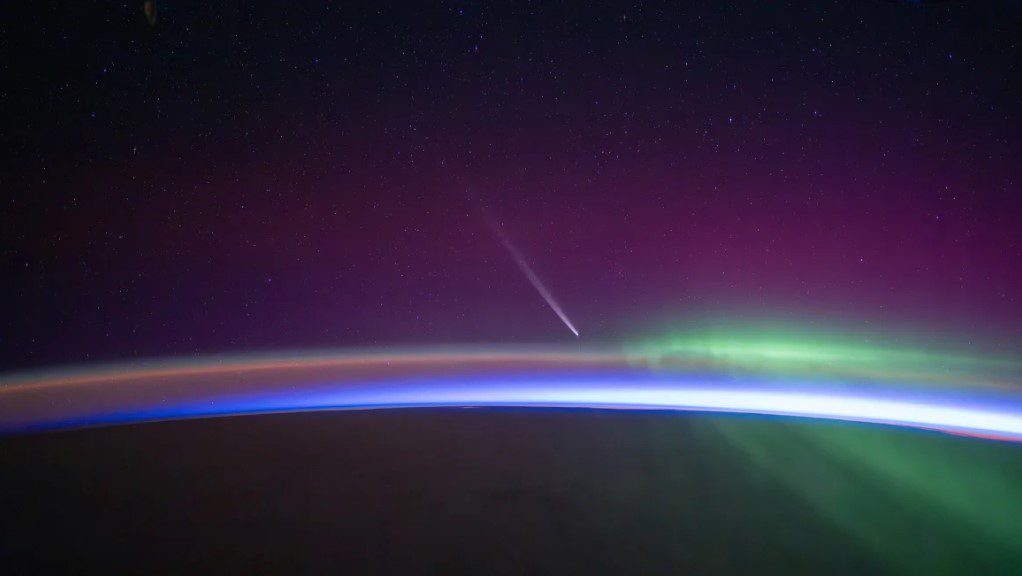A summit held in Brussels on 14 June has extended NATO’s overarching prerogative to the domain of space, which means that a space-based attack on one or more member nations is now considered an attack against them all. This focus was previously applied, by the 30 allied nations grouped within the North Atlantic Treaty Organization, to military attacks on land, on sea, in the air and, more recently, in cyberspace.
In a 79-paragraph communiqué – linked to here – following the meeting of the North Atlantic Council, the organisation made some 14 references to “space”, most of which were concentred in paragraph 33, which recognised “the growing importance of space for the security and prosperity of our nations and for NATO’s deterrence and defence”.

Importantly, it recognised that “attacks to, from or within space present a clear challenge to the security of the Alliance”, adding that they could threaten the prosperity, security and stability of member nations as much as a more conventional attack and “could lead to the invocation of Article 5”.
Specifically, Article 5 of the North Atlantic Treaty of April 1949 states that signatories “agree that an armed attack against one or more of them in Europe or North America shall be considered an attack against them all”. Each of them may exercise the “right of individual or collective self-defence recognised by Article 51 of the Charter of the United Nations” to provide assistance to the party under attack.
The communiqué also pledged to accelerate work to “deepen and expand our use of space as an operational domain” via the NATO Space Centre in Germany and the upcoming Space Centre of Excellence in France, the establishment of which it welcomed. Moreover, it promised to “strengthen NATO’s space domain awareness and better integrate space in our activities”, including training and exercises, resilience and innovation efforts.
It is interesting to view the statement from the Brussels summit in the context of rising geopolitical tensions between “the West” and nations such as China and Russia. It refers to “a time when the security environment we face is increasingly complex…[when]…We face multifaceted threats, systemic competition from assertive and authoritarian powers, as well as growing security challenges to our countries and our citizens from all strategic directions”. In fact, it pulls few political punches, making specific reference to “China’s growing influence” and “Russia’s aggressive actions”.
The NATO summit also coincides with increasing international interest in space sustainability, codes of conduct for space operations and the like. Its communiqué nods at this with the statement that “We support the international efforts to promote responsible behaviour in space”.
The recent meeting of G7 leaders from Canada, France, Germany, Italy, Japan, the USA and the UK, (plus the EU), hosted in Cornwall from 11-13 June, pledged support for “the safe and sustainable use of space to support humanity’s ambitions now and in the future” and agreed to take action to tackle the growing hazard of debris in the “fragile and valuable environment” of Earth orbit. It also welcomed the United Nation’s Long Term Sustainability Guidelines and called on others to “join us in implementing these guidelines”.
Although space sustainability has been a topic of discussion among academics and technologists (including this writer) for decades, the importance of protecting the Earth’s orbital environment and the expanding sphere of the space domain has never been more relevant. It seems that ‘space – the fragile frontier’ is at last on the agenda.




